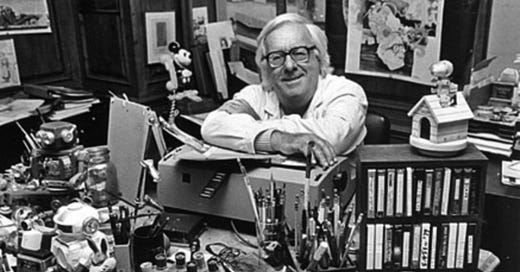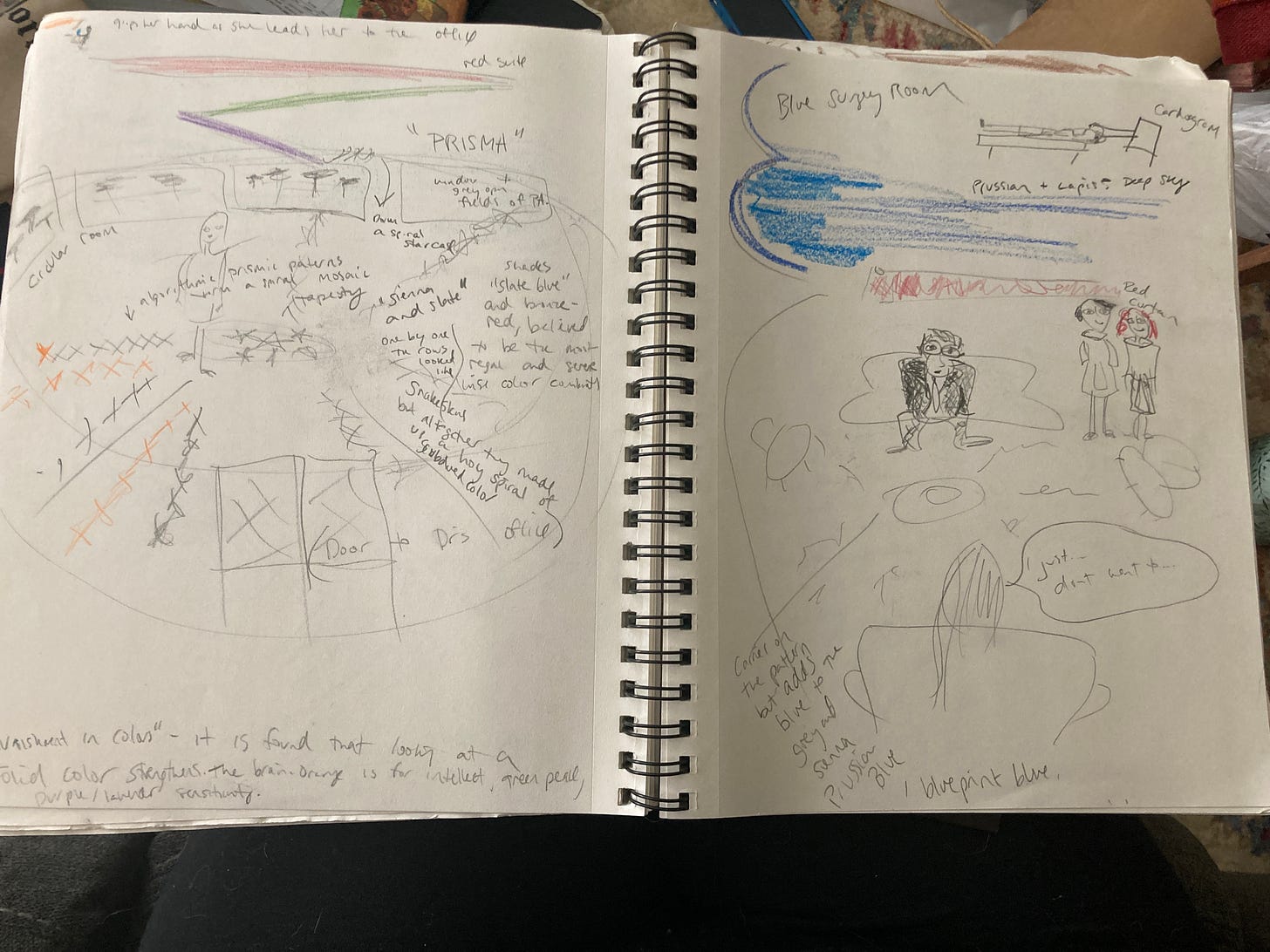a loser's club
At few weeks ago, at a virtual event, Michael Moorcock said JG Ballard couldn’t tolerate “nerdy stuff,” and that “Jimmy had lost his respect for Ray Bradbury” after he found out the other author collected science fiction memorabilia.
I keep laughing when I remember this; Ballard finding a photo like the above and thinking: AYFKM??!
Samuel R. Delany gave a talk too. Hopefully the videos will be online shortly. It was hosted by City Lights and should be on their YouTube page soon enough.
Delany was so serene looking when he was young:
I found out recently that Dhalgren sold over a million copies. Half a million in just the first two years; there were nineteen printings of the Bantam paperback original.
#
Everyone seems to be wondering what trends will emerge now that everything feels old—either very mid-quarantine or even pre-pandemic; and maybe we aren’t exactly post-pandemic yet but there is a new energy that’s happening and it’s hard to see, let alone name as of yet. My sense is it’s going to look like a return to ambiguity.
I find myself longing for art that refuses to explain itself. Dhalgren was like that for me, Mulholland Drive is another well-known example. Good music always does this. There’s been, for a while now, a Clarissa Explains It All-quality to movies and books, where everything is made for “analysis” and culture criticism. It is defensive and exhausting. When I saw that even Emily Ratajkowski released a Trick Mirror-inspired book of essays I knew that whatever you call that style of writing, it’s coming to an end. Also, this tweet about everyone talking these days like Patrick Bateman’s monologues on pop music (inspired by something from this interview) seems like a weak signal.
I want the work that’s intuitive, subconscious-driven, and hypnagogic rather than the contrived, the ass-covering, the people-pleasing, and the crowd-reading. “Analysis” of this work can’t be traded in Letterbxd reviews or Substacks—this one, included—which is exactly why I’d bet on it that this is where the wind is blowing.
I was sorting through some old files the other day and found this extremely messy attempt to storyboard the novel I was writing at the time that did not end up working out for a number of reasons. Don’t mistake this for the work of a precocious teenager. No, no, these illustrations were made by an extremely determined twenty-nine year old woman.
I JUST…DON’T WANT TO….
#
All I want to know right now is: What Can You Do Alone in City X for 24 hours While Avoiding Covid? Here's the answer in Miami, at least.
This story from an essay by Frederick Pohl (editor of Dhalgren!!!) is why I love science fiction: it’s a losers club! A proud losers club! How seriously can anyone take themselves if they are, on occasion, engaging with 14 years olds—as peers? Here’s a related story about another 14 year old approaching Octavia Butler to write for his zine.
#
One book I’d recommend to just anyone is the The Library of America Crime Novels of the 1930s & 40s. You get The Postman Always Rings Twice, They Shoot Horses, Don't They?, The Big Clock; two other novels I don't know but I imagine are great given that company, and then Nightmare Alley—the reason I picked up.
Every time I read crime fiction from that era, I always think I should do that more often because the dialogue is always so crisp. The detail and the stakes and the style is always so rich and engaging.
The film I loved, but first, look what Guillermo del Toro said about noir:
The flip side of the American Dream. Of course Nighmare Alley was bound to be good. I loved seeing co-screenwriter Kim Morgan’s influence all through the film, as well.
Guillermo del Toro is just the most humane kind of nerd and it comes strongly here. Now this is a film that could be written about to death with “analysis.” It’s about scams, after all, which invites writers like me to explain how it explains NFTs, MLMs, social media, gerrymandering, whatever.
I don’t really care to do that, but I will say that one element that I’ve seen criticized regularly — Bradley Cooper’s performance—is, I think, what ultimately holds the film together. Cooper is so flimsy and disposable; he shrinks in scenes next to Toni Collette and Cate Blanchett. He leaves you with the impression of a man, who isn’t terrified of doing wrong—merely scared of getting caught; losing it all. He’s done wrong from day one. Getting away with it is all he wants.
#
Thanks for reading.









